Rehoboth Guest House
A historically queer-friendly guest house that still welcomes visitors today.
1940s-Present,
40 Maryland Avenue, Rehoboth Beach, DE
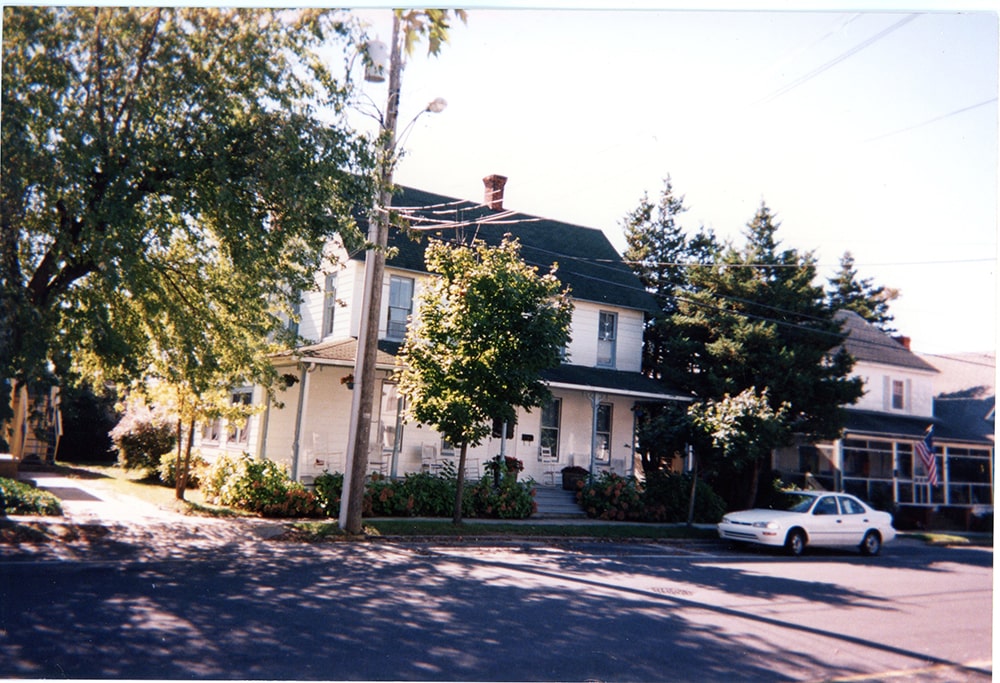
The Rehoboth Guest House was the first gay-owned-and-operated business serving gay men in Delaware and is the only gay guest house in Rehoboth Beach still operating today.
The Rehoboth Guest House’s queer history dates as early as 1940 when closeted gay people would vacation in Rehoboth Beach. At the time, the inn operated under the name “The Swarthmorean” and was owned by Everett L. Gray. While the inn was not explicitly a gay business at that time, it is notable that queer people may have found community while staying at the inn during a time when being gay was highly stigmatized and even considered a mental illness. In a 2023 Delaware Division of Historical and Cultural Affairs interview with Tom Kelch, the former innkeeper of the Rehoboth Guest House from 2013-2023, he said that he has sought historical information about the guest house from former employees, visitors, and neighbors. Kelch connected with people on social media, in person, and in response to articles he wrote for CAMP Rehoboth, and collected stories about gay men finding comfort and joy within the walls of this building, which has held many names.
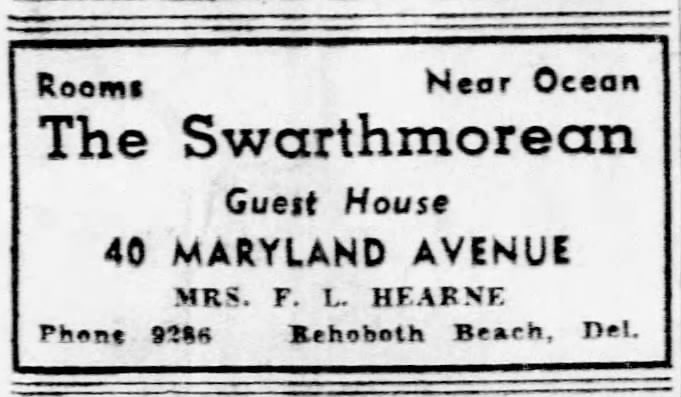
For a short time, business owner Elwood “Woody” Warmer owned the inn and used it to the benefit of another group of people who weren’t always so welcomed by the mainstream. Warmer, who operated the Center for Handicapped Development catering to children with mental disabilities, purchased the property in 1977. He used the inn “as a reward program to encourage good behavior” and allowed children from the school to enjoy the beach. The Rehoboth community refused to accommodate them and even asked to keep the children who were being treated to a stay at the inn away from their own while on the beach. Woody, a gay man himself, persisted despite discrimination, showing that the beach is a place for everyone. During his ownership, he continued to rent rooms at the inn to other gay men, but ultimately decided to sell the property.
The propertys more well-documented queer history began in late 1978 or early 1979 when partners Herbet Koerber and Abelardo “Momi” Ortiz Benavides turned it into Paradise Guest House, catering exclusively to gay men.

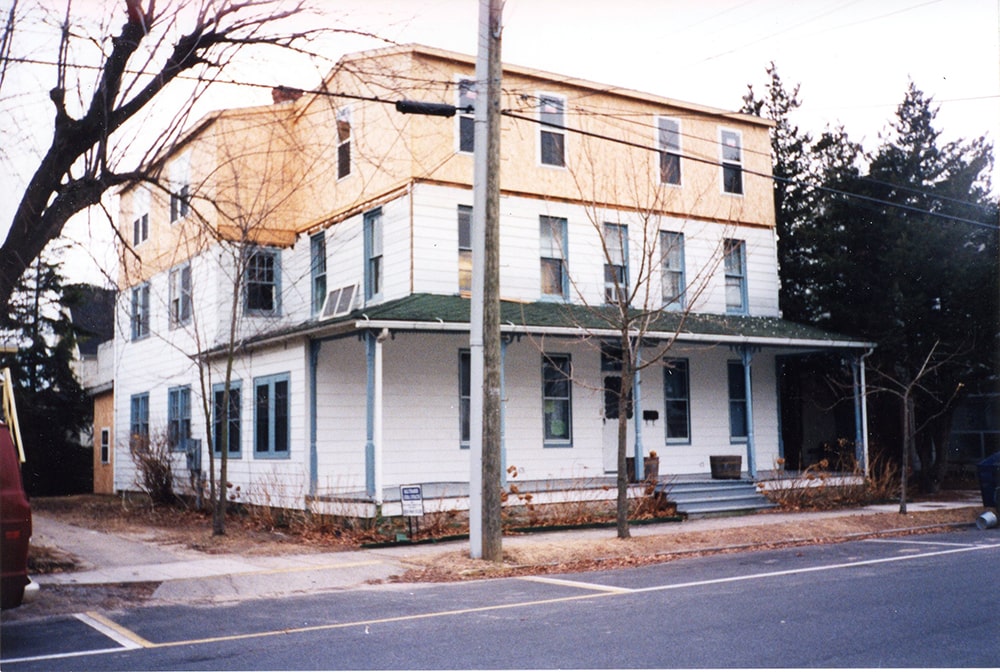
Koerber and Benavides then transformed the Swarthmoreans use and appearance. The couple added a sunbathing deck on the second floor, a stage for drag performances, and outfitted an attic and basement for private sexual encounters. Whether it was engaging in a specific kink or seeking intimacy with someone of the same sex, renting a room at the Paradise Guest House allowed queer men an unprecedented opportunity to safely engage in sex without legal repercussions. For many queer men visiting the area, the Paradise Guest House was the first place they could ever fully and safely be themselves.
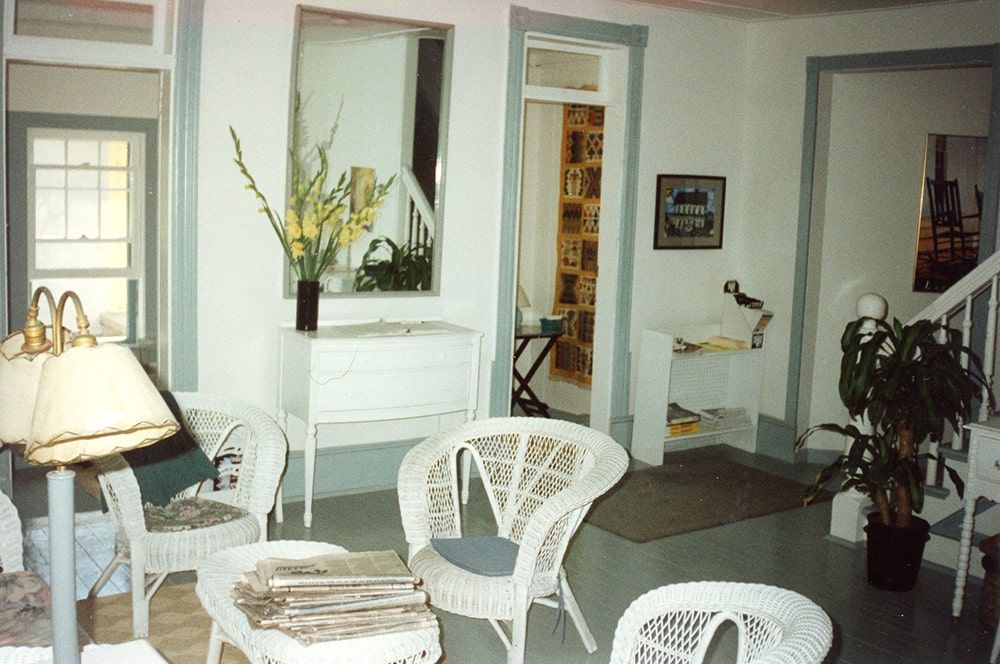
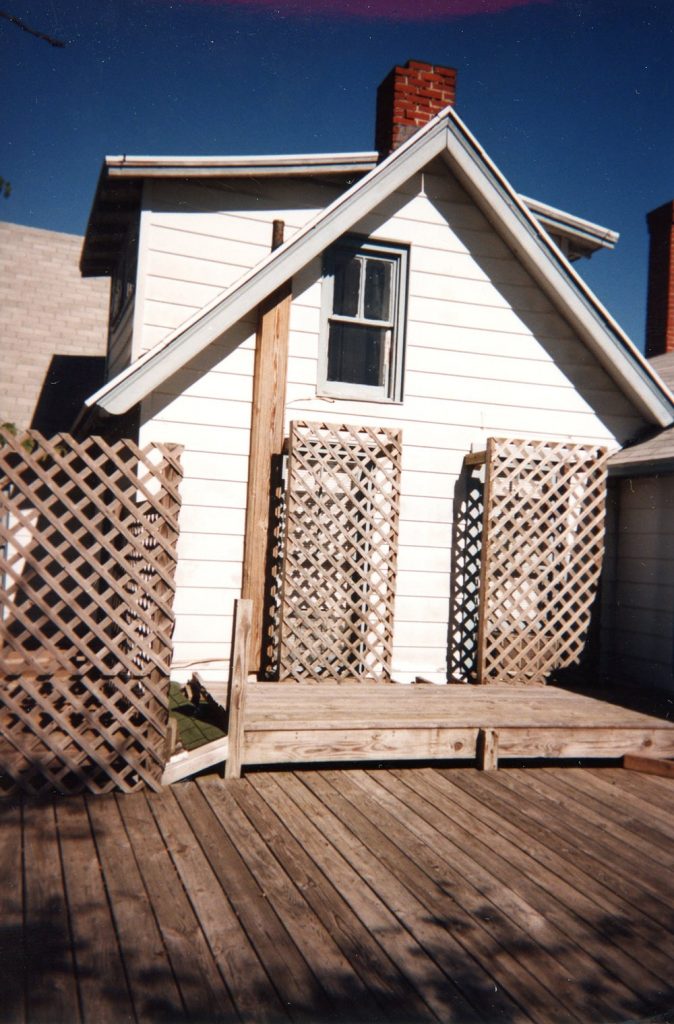
On this period of the propertys history, Kelch wrote in a May 2022 article for Letters from CAMP Rehoboth:
Visitors to the PGH were not sexcrazed addicts with a mental problem. And the PGH certainly was not a brothel or sex club. This was a place of freedom and sanctuary, designed to allow these men to have a moment to truly be themselves, to meet other people like them, to make friends, and to feel even just for one tiny moment… normal and at peace.
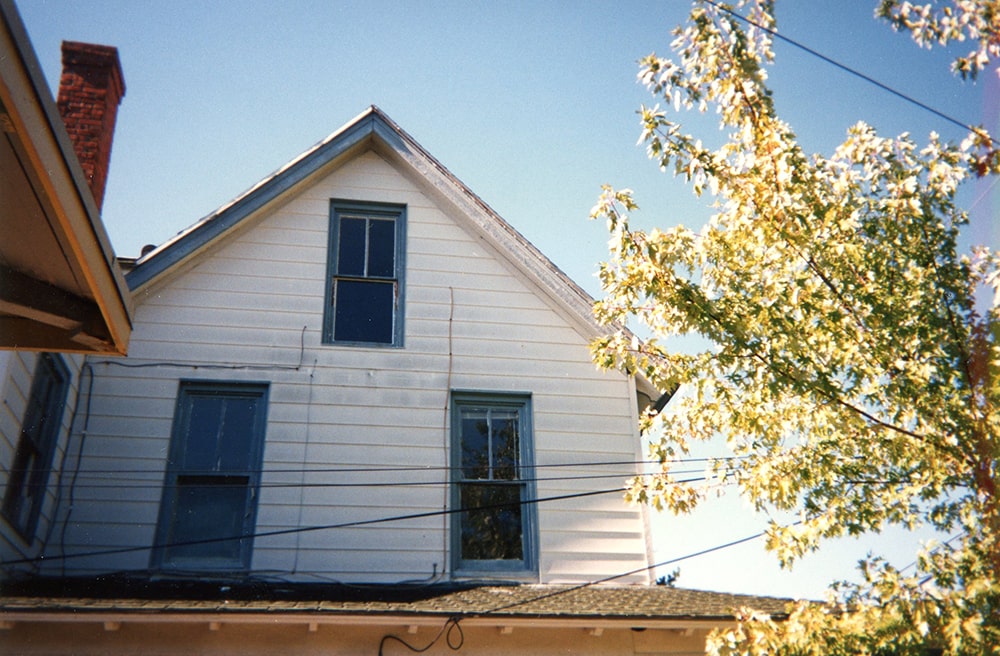
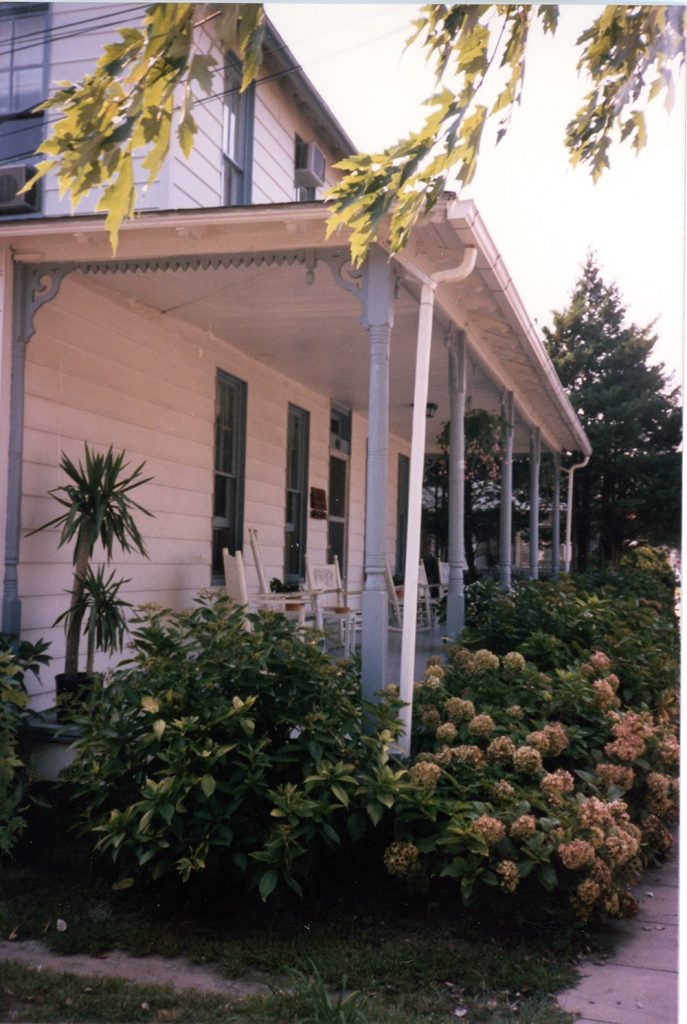
The Paradise Guest House continued to thrive into the 1980s as a “bath house on the beach.” However, with the queer communitys increased visibility came more cases of verbal and physical harassment. It became unsafe for gay men to walk alone in Rehoboth, so Koerber provided a weekend shuttle to and from the Renegade Bar, which was just outside of downtown Rehoboth. Koerber took the safety of his guests seriously and, by providing this service, he allowed visitors to experience gay night life without the fear of being attacked while walking home.
By the mid-1980s, the HIV/AIDS virus was circulating around the globe, claiming thousands of lives swiftly as no effective treatments were available at the time. The Guest House’s employees and guests were not immune, and many became ill with the virus and were tragically dying in large numbers. Kelch said in May 2023 that the driving force behind his recent efforts to collect more information about the guest houses visitors was to immortalize the stories and memories of those lives lost too soon.
Sadly, in the summer of 1986, Koerber and Benavides retired to Key West, Florida, where Koerber died of AIDS. They had purposefully listed the Paradise Guest House property for sale in only one location: The Washington Blade, a national gay publication, with the hopes that another gay person would purchase it.
Their wishes came true in 1988 when a couple named Bill Courville and Bob Jerome purchased the property, renaming it the Rehoboth Guest House. Upon purchase, the building was in disrepair. The couple updated the inn and made the necessary renovations for it to re-open, such as stabilizing the back deck and converting the attic to bedrooms. Under their ownership, the Rehoboth Guest House welcomed anyone, gay or straight.
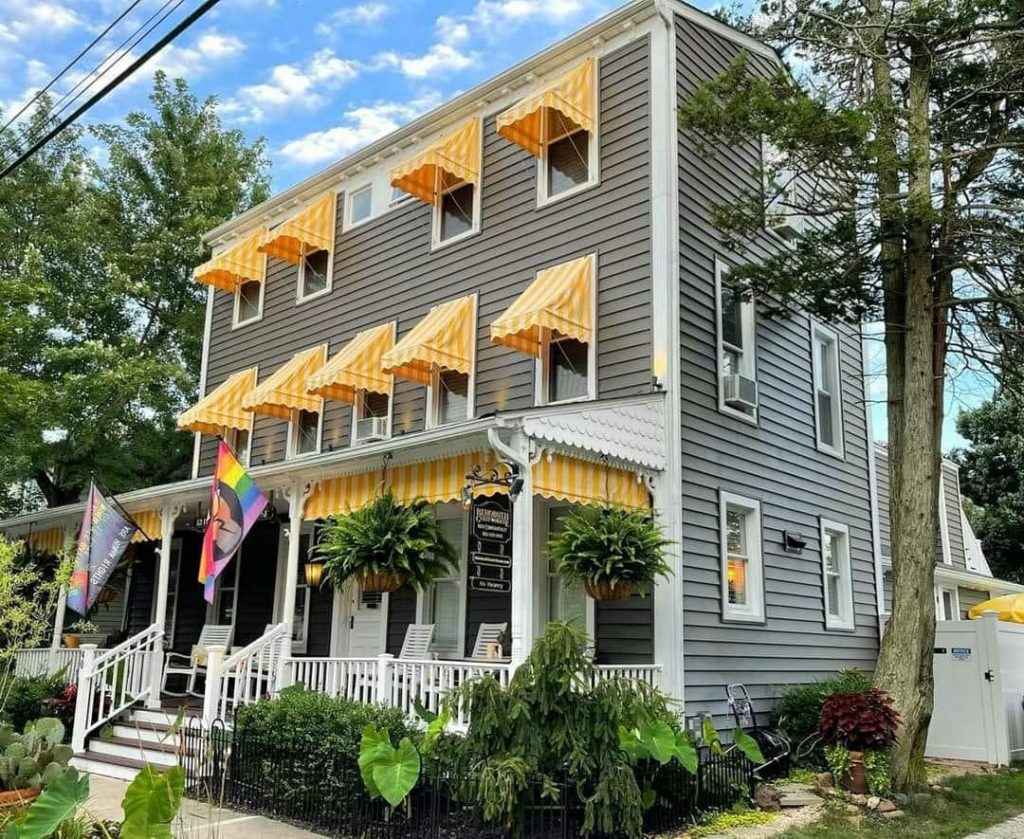
The house at 40 Maryland Avenue did not always have a queer connection in its earliest days. It was originally owned by the Horsey family from 1889 until around 1940. Photographs found by Kelch suggest the home was built as a two-story, gable-roofed frame dwelling with a porch that wrapped around the front and one side. Today the porch still features the turned posts and decorative scroll-sawn brackets characteristic of a traditional Sussex County farmhouse. Following a large storm, a second building was brought by horses and attached to the original Horsey family farmhouse in 1915 as an inn. It wasnt known as “The Swarthmorean” until the 1940s.
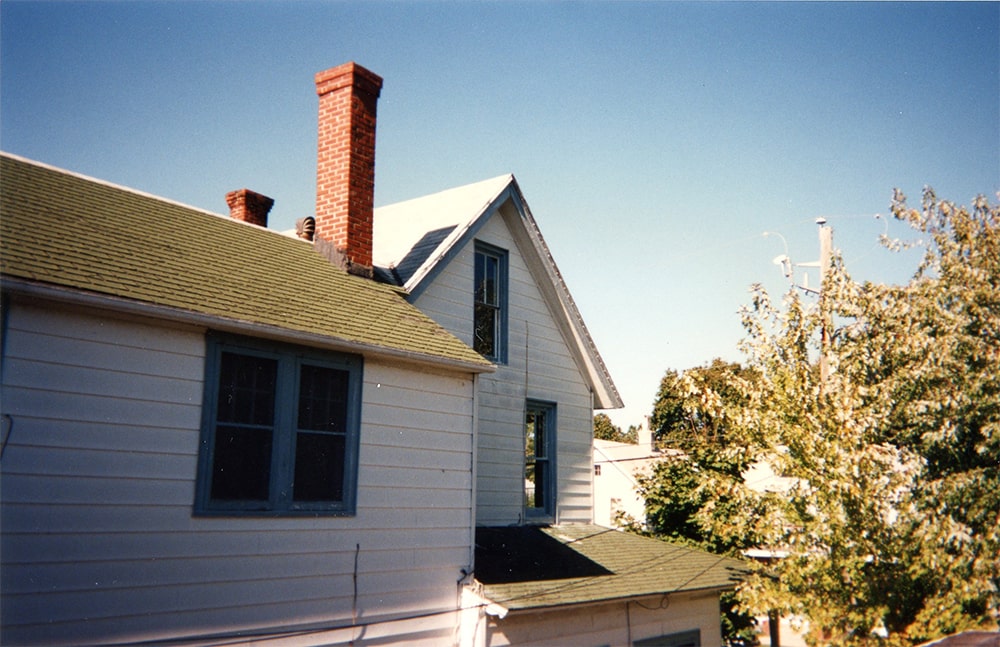
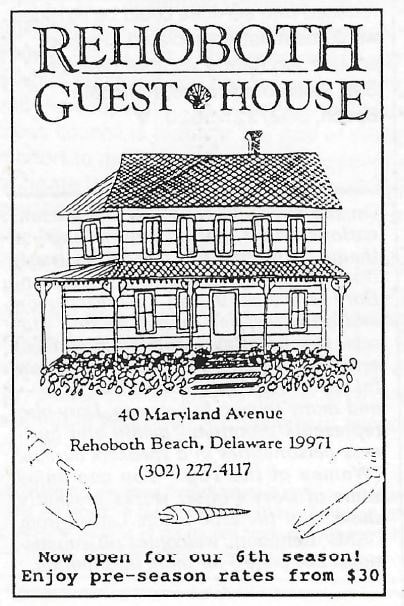
The Rehoboth Guest Houses current owners are Frank Colonnello and Garret Wood. They purchased the inn in 2013 and took on major structural and cosmetic renovations to update the interior and to preserve the original Victorian character of the house. The same year, Kelch was hired to run the Rehoboth Guest House, which now features fourteen guest rooms and sixteen bathrooms decorated with modern designs. Visitors today can see remnants of the original structure, including a 140-year-old door featuring a motif of a horse and wreath, paying homage to its former use as a horse livery, and columns that once held up the back porch and deck now used as plant stands in the backyard. In a 2022 interview with Philadelphia Gay News, Kelch described his experience as innkeeper as “so much more than just a job”:
I meet so many people in different circumstances, Ive had people come out of the closet in front of their spouses. I had a lady have a baby in one of the rooms. Ive had the straight-laced business man who checks in wearing a three piece suit and then comes down to breakfast in a gown and sparkly shoes…
Photos Courtesy: Tom Kelch and The News Journal (Wilmington Delaware), June 21, 1950, via newspapers.com,
Sources:
- Kelch, Tom, “Guest House Chronicles,” Letters from CAMP Rehoboth
- “Guest House Chronicles: The Gay Beginning” posted February 4, 2022
- “Guest House Chronicles: Rainbow Seeds” posted March 4, 2022
- “Guest House Chronicles: Creating Paradise” posted April 1, 2022
- “Guest House Chronicles: A Walk Through Paradise” posted May 6, 2022
- “Guest House Chronicles: Herberts Legacy” posted May 27, 2022
- “Guest House Chronicles- Whats A Bertha?” posted June 17, 2022
- “Guest House Chronicles: Devastation in Paradise” posted July 29, 2022
- “Guest House Chronicles: A New Chapter with Bill and Bob” posted August 19, 2022
- Sears, James, “Paradise Lost: Remembering the popular Rehoboth mens guest house,” Washington Blade, September 2, 2023
- Rehoboth Guest House
- Tom Kelch oral history interview with the Division of Historical and Cultural Affairs, May 2023
Explore Other Places
-
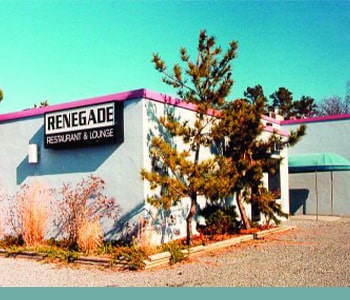
The Renegade
4274 Coastal Highway, Rehoboth Beach, DE
A once popular gay bar, restaurant, and resort at the Delaware beaches.
-
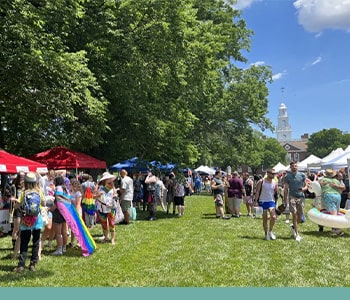
Legislative Hall and Legislative Mall
411 Legislative Avenue, Dover, DE
The site of Delaware’s state capital building and the outdoor location of large, annual LGBTQ+ festivals.
-
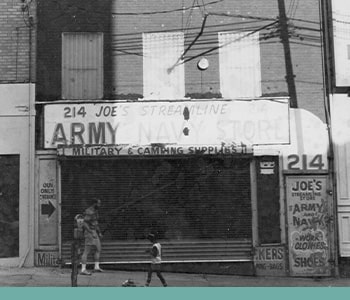
Griffin Community Center
214 N. Market Street, Wilmington, DE
A Former LGBTQ+ community center in northern Delaware that offered a wide variety of services and support during a time of need.
-
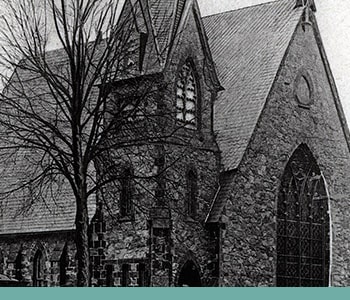
Daugherty Hall at the University of Delaware
17 W. Main Street, Newark, DE
A gathering place for all and where the University of Delaware’s Gay Student Union hosted its weekly coffeehouses.
-
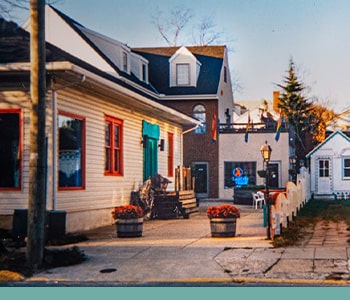
CAMP Rehoboth Community Center
37 Baltimore Avenue, Rehoboth Beach, DE
A longstanding LGBTQ+ community center in Sussex County.


